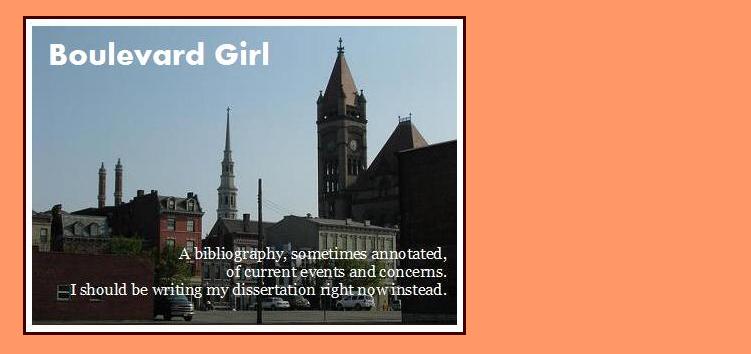"Around the World, Distress Over Iran," David E. Sanger, James Glanz, and Jo Becker. New York Times. November 28, 2010.
(The many quotes from Arab officials condemning Ahmadinejad and his regime, and urging the U.S. to take action are not exactly news. Nonetheless, it does seem to lend credence to the geopolitical reading of the Middle East many Israelis and Americans have been forwarding. See especially Tzipi Livni, Jeffrey Goldberg, and Barry Rubin.)
Laura Rozen on WikiLeaks Reax
Aaron Miller on the two leaks he sees as actually shedding unfavorable light on the US government.
A cute series of photos of Middle Eastern leaders and comments US diplomats made about them in the leaked cables. From Now Lebanon.
Anne Applebaum, "Watch Your Mouth." Slate. November 29, 2010.
I'm sure the Russian people will be shocked—shocked!—to discover that U.S. diplomats think the Russian president, Dmitry Medvedev, "plays Robin to Putin's Batman." Italians will be equally horrified to learn that their prime minister, Silvio Berlusconi, is considered "feckless, vain, and ineffective as a modern European leader," just as the French will be stunned to hear President Nicolas Sarkozy called "thin-skinned and authoritarian."
...It seems that in the name of "free speech" another blow has been struck against frank speech. Yet more ammunition has been given to those who favor greater circumspection, greater political correctness, and greater hypocrisy. Don't expect better government from these revelations, expect deeper secrets...
The result: Very soon, only authoritarian leaders will be able to speak frankly with one another. A Russian official can keep a politically incorrect statement out of the newspapers. A Chinese general would never speak to a journalist anyway. Low-level officials in Iran don't leak sensitive information to WikiLeaks because the regime would kill them and torture their families. By contrast, the soldier who apparently leaked these diplomatic cables will probably live to a ripe old age.
In fact, the world's real secrets—the secrets of regimes where there is no free speech and tight control on all information—have yet to be revealed. This stuff is awkward and embarrassing, but it doesn't fundamentally change very much. How about a leak of Chinese diplomatic documents? Or Russian military cables? How about some stuff we don't actually know, like Iranian discussion of Iranian nuclear weapons, or North Korean plans for invasion of South Korea? If WikiLeaks' founder Julian Assange is serious about his pursuit of "Internet openness"—and if his goal isn't, in fact, embarrassing the United States—that's where he'll look next. Somehow, I won't be surprised if he doesn't.
***



